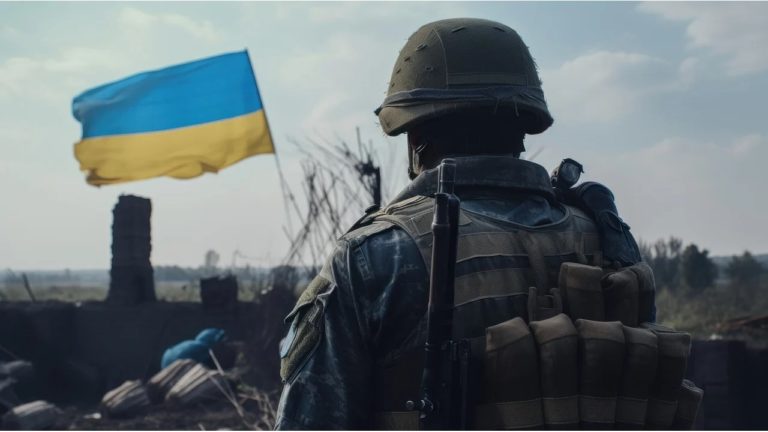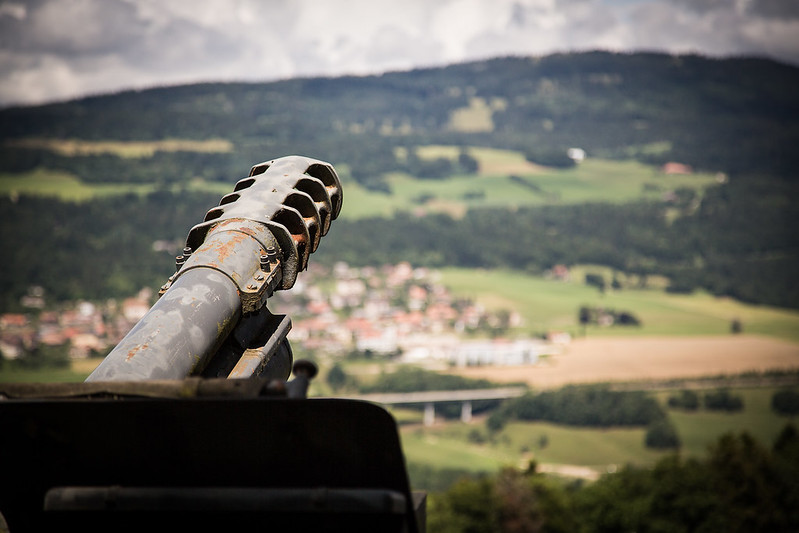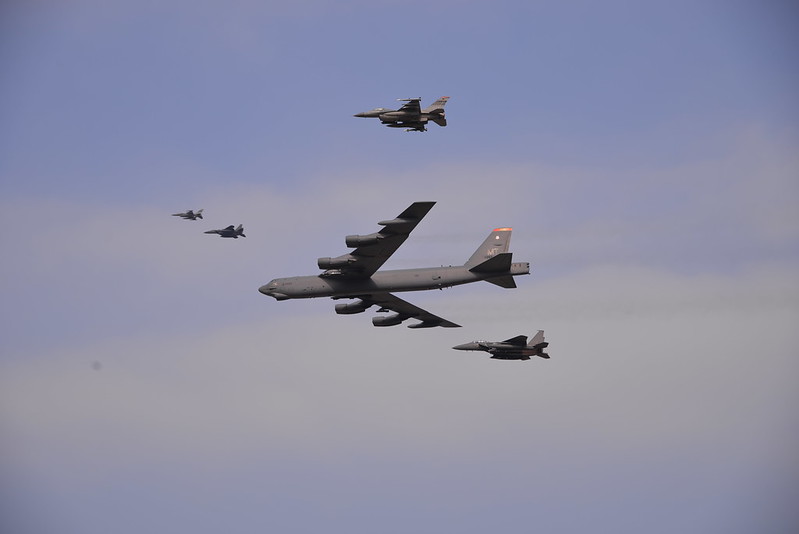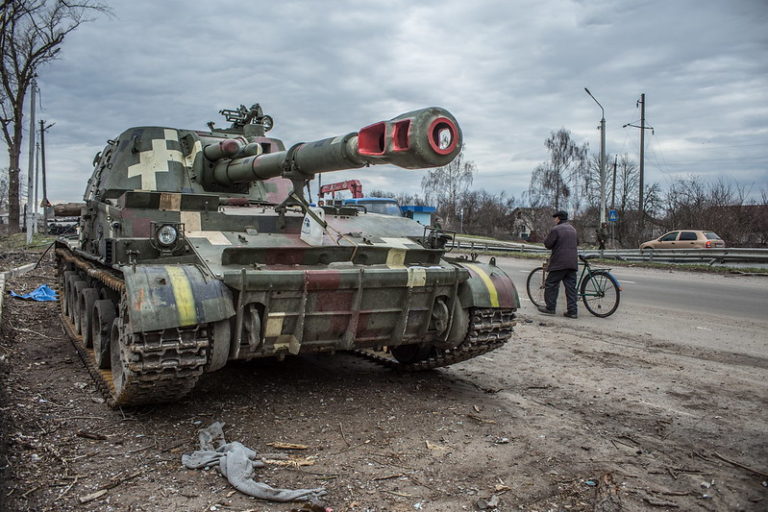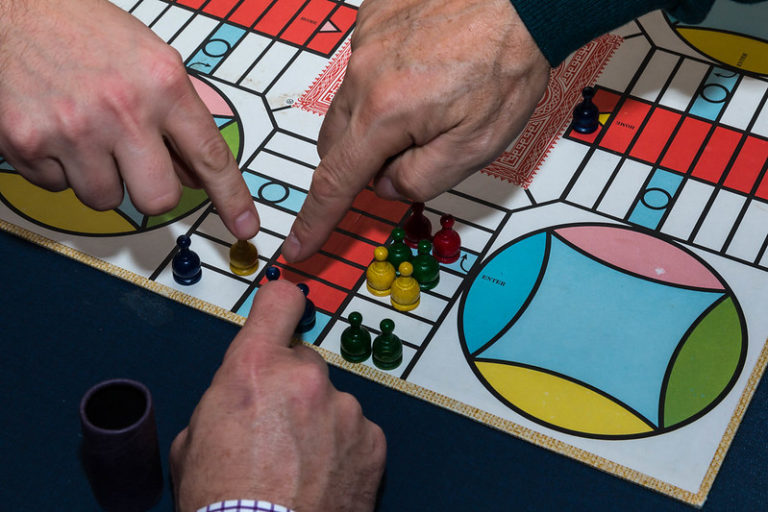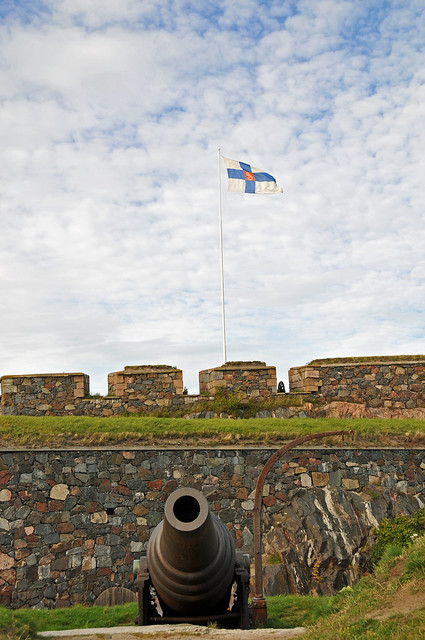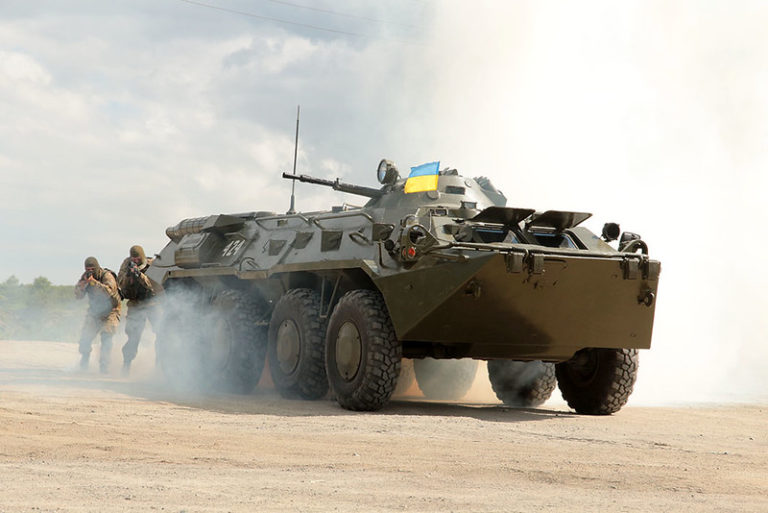Letter frm La Vigie, dated 15th May 2024

Decentralised Spain
A new stage in the rediscovery of France’s neighbours on land: Spain. It is a textbook example of a state where the tension between central government and the regions is critical. This political focus explains its strategic ambition, which bears no comparison with the empire it once was.
To read the article, click here
Tenacious internal fragility
After leading to conflicts far away, the attacks of the 2010s brought attention back to the domestic front. But the return of war, particularly in Ukraine, is prompting people to look outside again. Yet the situation at home seems more fragile than ever, as many signs show. We must not forget the home front.
To read the article, click here
Lorgnette: The Ukrainian turn
After the failure of the Ukrainian offensive in the summer of 2023, the fighting continued throughout the autumn and winter, with slow Russian pressure which, thanks to a very favourable fire ratio, gradually nibbled away at a few positions and crushed the Ukrainian forces. The symbol was the capture of Avdivka in February 2024 (LV 236), a large suburb of Donetsk where the Ukrainians had been fortifying themselves since 2014.
But after a pause in March, the Russians resumed their push more vigorously from April onwards, whether in Chasiv Yar (a suburb of Bakhmut) or to the west of Avdivka, managing to make clearer progress at a rate of 25km² per week. Since last Friday, in addition to recurring fighting along the entire front, they have launched a major push north of Kharkiv, pushing aside the Ukrainian forces and taking several dozen square kilometres. Ukraine is short of weapons, ammunition and manpower. Western aid remains at a low level and the military situation seems very compromised.
It seems that we are witnessing a military turning point on the ground, even though Moscow has not yet launched all its forces. A turning point is taking place and the words ‘collapse’ are being uttered more and more. Are we close to the end?
JOVPN
Subscribers: click directly on the links to read online or download the pdf issue (here), always with your login/password. New readers: read the article by issue, by clicking on each article (€2.5), or subscribe (discovery subscription €17, annual subscription €70, orga. subscription €300 excl. tax): here, the different options.
Photo credit: La Moncloa - Gobierno de España on Visualhunt
